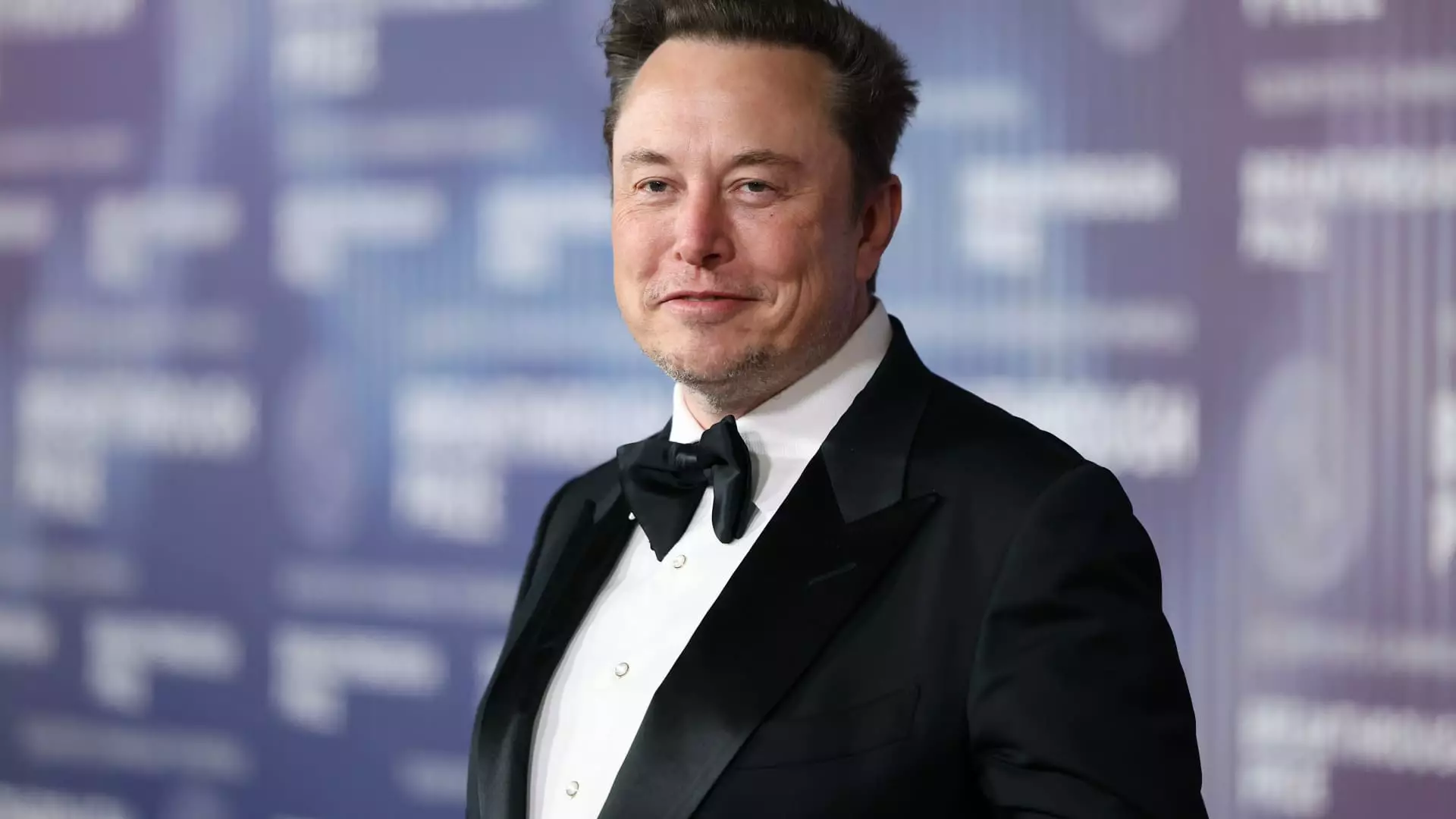On social media platform X, tech magnate Elon Musk made headlines by declaring his endorsement for the position of Treasury Secretary in Donald Trump’s incoming administration. As President-elect Trump has yet to appoint someone for this crucial cabinet post, Musk’s comments have sparked discussions about the potential direction of economic policy under the new leadership. Musk’s endorsement of Howard Lutnick, a prominent businessman and one of the transition’s co-chairs, suggests a desire for transformative change within the financial sector.
Musk highlighted not only Lutnick but also Scott Bessent, founder of Key Square Group, as key candidates for the role. However, Musk labeled Bessent as a “business-as-usual choice,” suggesting that simply maintaining the status quo could be detrimental to the nation’s financial health, which he believes is already at risk of declining. This critique reflects Musk’s broader philosophy that bold action is necessary in the face of escalating economic challenges, a sentiment that resonates with many members of the electorate looking for innovative solutions.
Both Lutnick and Bessent come with substantial credentials and longstanding ties to Trump. Lutnick’s deep-rooted connection to Trump spans decades, having organized fundraisers and providing guidance on various cabinet selections. His affiliation with prestigious financial firms such as Cantor Fitzgerald and BGC Group positions him as a candidate who understands the intricacies of the financial industry. Meanwhile, Bessent, who served as a crucial economic advisor during Trump’s past campaign, has also garnered support from influential figures like Senator Lindsey Graham, bolstering his candidacy.
Musk’s calls for feedback on who should fill the Treasury role signal a desire for public involvement in the political process. By encouraging more voices to weigh in on the decision, he seems to advocate for a democratic approach to governance, one where the electorate can express its views on crucial appointments. This desire for change is indicative of a broader trend among voters who are increasingly looking for leaders who are not just conventional choices but capable of thinking outside the traditional frameworks that have led to economic stagnation.
While Trump’s transition team has stated that no final decisions regarding the Treasury Secretary position have been made, the input from influential figures like Musk adds a layer of complexity. With both Lutnick and Bessent vying for the attention of the president-elect, it remains to be seen who will ultimately secure the appointment. The conversation Musk has ignited regarding the need for change emphasizes the urgency for the Trump administration to consider innovative approaches to governance, particularly in economic policymaking.
As discussions and debates around the Treasury position unfold, the influence of figures like Elon Musk—along with public sentiment for accountability and reform—could shape the future of the U.S. Treasury in profound ways. Musk’s critical analysis and push for transformative leaders have initiated a dialogue that may resonate far beyond social media, reflecting a significant moment in American political discourse.


Leave a Reply